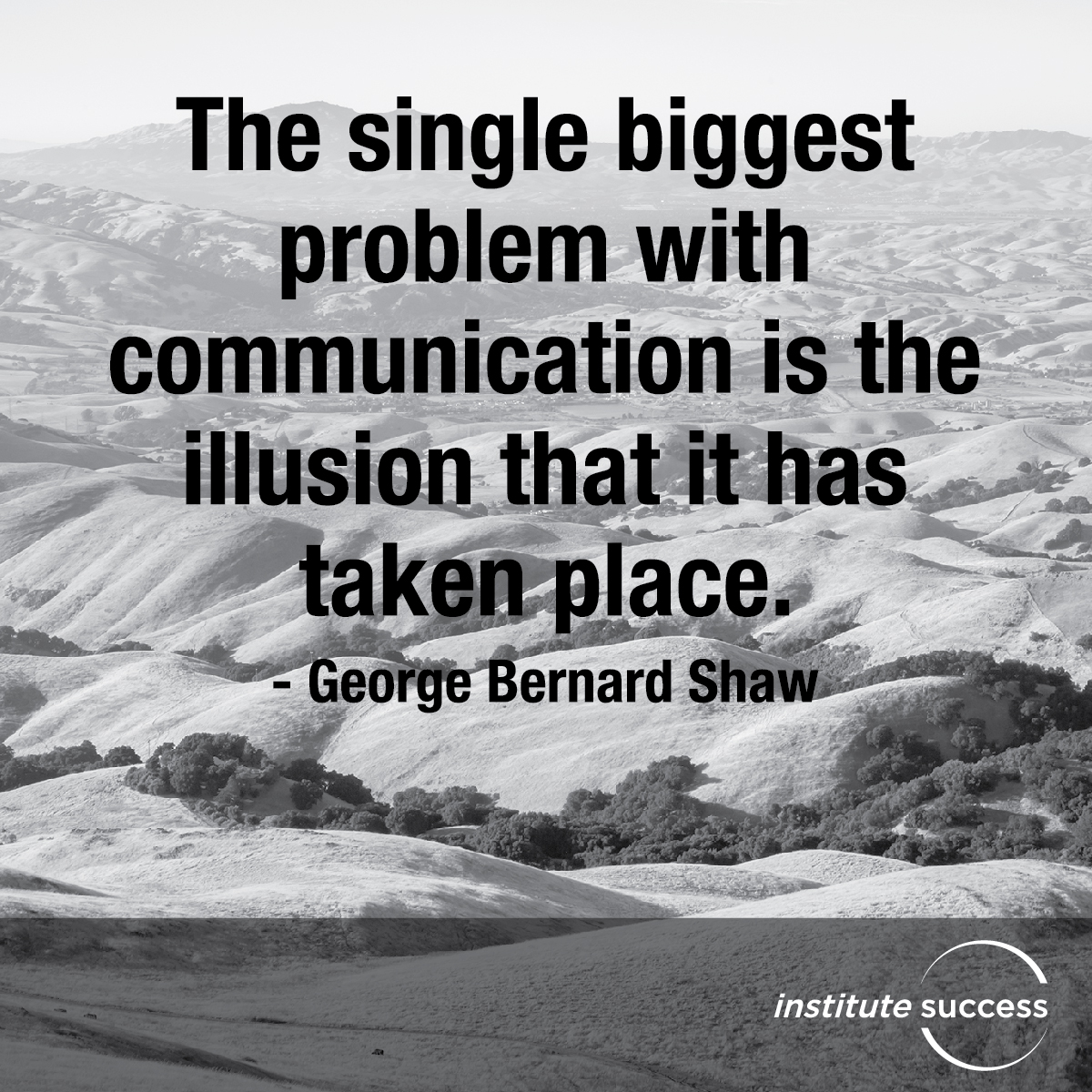No matter how talented you are—you can’t do it all. There simply aren’t enough hours in the day or days in the week to get it all done. Exceptional leaders know—they can’t be successful all by themselves.
Effective delegation, which is an art and skill, can enable you to take on bigger projects than you could alone, enroll others in your vision, develop your people, free up your time for other priorities and create a winning team spirit.
Knowing how to delegate, who to delegate to, and what to delegate, can be tricky. Here are a few guidelines that can save you time, frustration and increase the likelihood of your success:
Pick people who can accept responsibility. Not everyone is up for the challenge. Unfortunately, you can’t hand off tasks to just anyone. Highly successful people say, they get their work done through others. But almost in the same breath they will add, “surround yourself with good people.”
Home Depot Founder and former CEO, Bernie Marcus, said it this way, “If you don’t surround yourself with the best people possible, you’ll end up having to do everything yourself. So, what I’ve done is to find people out who are competent, who are entrepreneurial, the way I am, but perhaps more organized and people who are not afraid of a challenge, nor are afraid of decision making.” That’s a tall order. As you continue to read, you will see how looking for certain qualities is critical to good delegation.
Delegate in terms of the other person’s skills and interests. Match the person to the task. Use assessment tools, like DISC and Values, to find projects and tasks that are in alignment with team members’ behaviors, motivations and interests. In his book, “How to Win Friends and Influence People,” Dale Carnegie shared, “The only way on earth to influence the other fellow is to talk about what he wants and show him how to get it.”
Recognize the reality of the learning curve. The person performing the task may not do it well at first and you may be tempted to take over the project. Before pulling it back, consider the time you might lose at first against the time you will save in the long run.
Reduce risk by assigning low-risk projects at first. Test the waters first. This approach can minimize the potential damage that can result from failure. It can also help to build the confidence level of the person to whom you assign a responsibility.
Help them understand why, not simply what. People are connected to their WHY. (Simon Sinek https://cloud.institutesuccess.com/library/ted-talk-start-with-why-simon-sinek/) Help others understand how their work fits into the overall process. If team members feel connected to a bigger purpose, they are more likely to act positively if something goes wrong, act autonomously if you’re unavailable, and look for ways to be more effective and efficient. Help them see the big picture.
Allow team members to put their own spin on the assignment. A team member’s way may be an improvement. Be willing to listen to their idea, even if you decide not to accept it.
Communicate and make agreements. Use vocabulary the individual can understand when delegating. Don’t use technical jargon unless you are sure the other person knows the terms. Practice active listening and asking powerful questions. It is appropriate to ask the other person to paraphrase what they heard and what you and he/she has agreed upon. You’ll sometimes be amazed at what you hear back.
Check-in on what you delegate. One CEO of a large organization put it this way, “Until you have somebody on the same wavelength that you’re on, it’s very important that you follow up initially. A lot of things become mixed in the translation. You have to be very careful that your message gets through and the only way to find out is to check in along the way.” Even if you’ve received a commitment from someone competent, and you know you’re on the same wavelength, be sure to get regular progress reports. For example, authors are notorious procrastinators, so a good editor will call periodically to find out how the project is coming along. The same advice applies to lawyers who have several cases pending at any given time and often pay attention to the case that is most urgent. A request for a progress report helps keep your case, or project, from getting buried.
Assign priorities and a due date. SMART goals work because they are ‘Specific, Measurable, Actionable, Realistic and Time Based’. When you assign someone a task, be sure to make an agreement as to when you expect it to be completed.
Don’t hog the credit. Start with appreciation. “Thank you” is such a simple expression, yet it does so much. If you want help from your people and, you want to keep getting help from them, be lavish with your praise. Robert Woodruff, the legendary czar of Coca-Cola for many years, had the following motto in his office: “There is no limit to what a man can do or where he can go if he doesn’t mind who gets the credit.”
Help people feel good about their work. Bernie Marcus believes good delegation is the best way to retain good people. He believes, an appeal for loyalty to the organization won’t last indefinitely. “They have to feel good about what they’re doing. They have to feel good about their position. They have to feel like they can make mistakes. They have to feel excited everyday of their lives.”
You will become an exceptional leader by helping others become successful at what they do. Delegation is an art and skill to be learned and developed.
Written by Harvey Smith, CEO Institute Success, with inspiration from “Time Tactics of Very Successful People” by B. Eugene Griessman.

